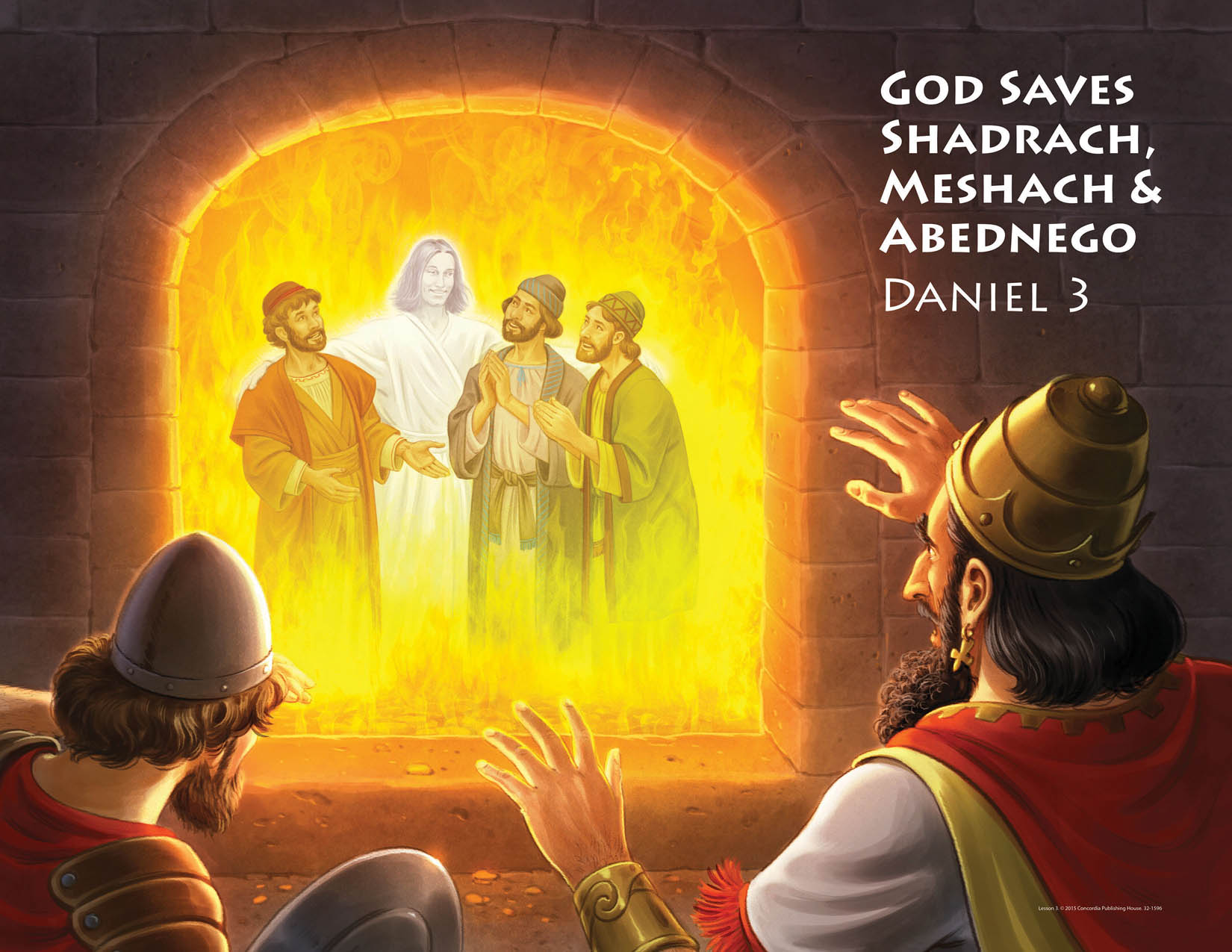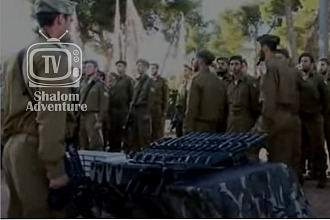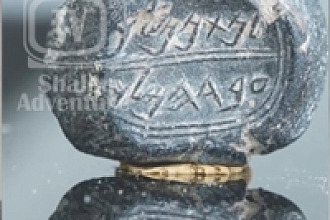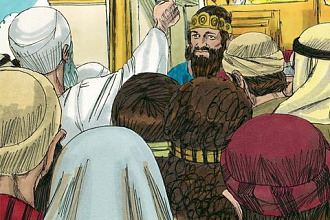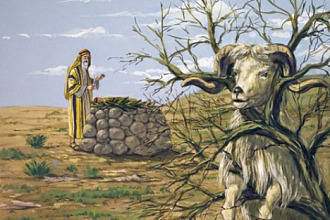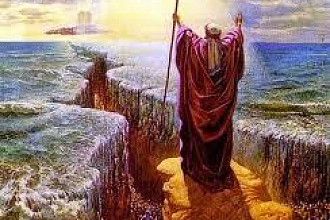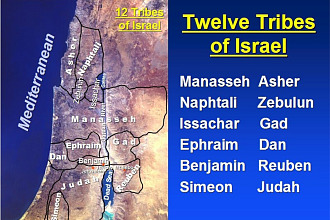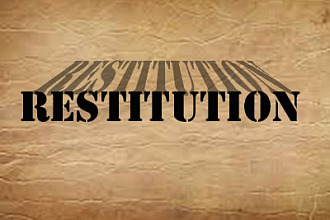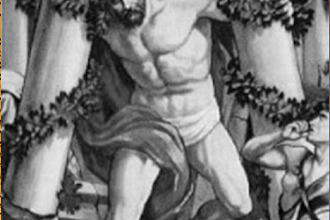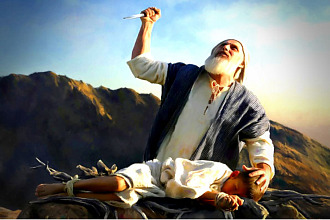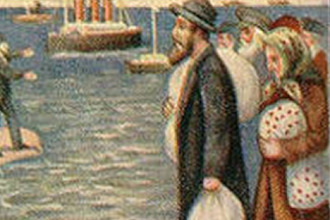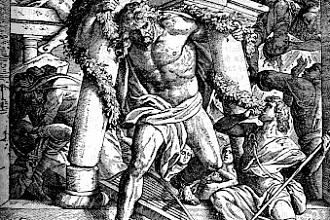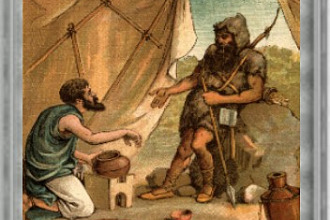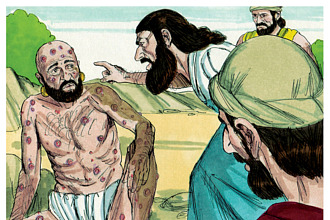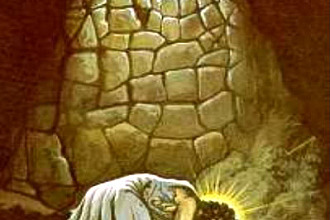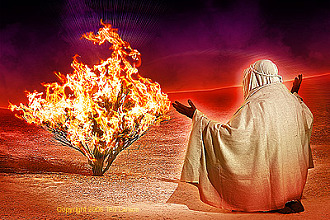How could it be possible that three young men,captives from Israel and now in Babylon, were allowed to live, and were even promoted, after defying a death decree issued by the absolute monarch?
This is how it happened:
Following the King of Babylon’s dream that he could not remember,King Nebuchadnezzar pronounced the death penalty on his fortune tellers for failing to produce the contents of his forgotten dream. As some of the king’s advisers in line to be slain as well, the Jewish captives Daniel and his three companions asked for time to pray to the God of heaven to reveal the dream. The four God-worshipers earnestly prayed. God honoured their prayers by revealing to Daniel the dream and its meaning, which he humbly conveyed to the king. He was careful to inform the king that the great God in heaven gave him the interpretation.
The king was greatly pleased with the recall and the meaning--of a man’s image composed of multiple metals decreasing in value—gold being the most costly. Nebuchadnezzar’s kingdom of Babylon was represented by the head of gold. Subsequently, he proudly constructed a giant 90-foot image (the pedestal of which remains today on the plain of Dura), with one alteration from his dream. This image was entirely of gold. At its completion he called all of his officials from all the provinces of Babylon to a great dedication ceremony.
The climax of the ceremony occurred when an orchestra played special music as a cue for everyone to bow down to the image—(symbolizing worship of the king of Babylon, rather than giving obeisance to the King of the universe, the God of heaven). Daniel’s three companions were among the officials. Keenly aware of the significance, they deliberately chose to remain standing, rather than to bow in worship before an image made with man’s hands. Enforcement officers reported these three, Hananiah, Mishael, and Azariah (also know as Shadrach, Meshach & Abednego – their Babylonian names) to the king, who became furious that he was being defied.
A threatening interview with the king ensued, offering a second chance. The three offending Jewish officials respectfully avowed to the king that they could only bow down before the God of heaven in worship—even if they lost their lives for their loyalty. They humbly asserted that they had yielded their minds and bodies to God and relied on Him for their survival. He taunted them by saying, “Who is that God that will deliver you out of my hands?”
In a rage the infuriated king angrily ordered them to be bound and thrown into the furnace heated to maximum capacity—probably the furnace that cast the gold for the image. It was so hot that it burned alive the men assigned to cast the three officials into it.
To the amazement of everyone watching in this great assembly, these three Jewish officials unbound, jumped up and started walking in the fire, with a fourth individual walking with them—whom the king identified as the Son of God. The king himself ordered the men to come out of the furnace, with no smell of smoke or effects of fire—except one. All that had burned were the bands that had bound them!
Humbled and awestruck, King Nebuchadnezzar made a startling decree: The God of heaven must be reverenced and not spoken against. Furthermore, these three Jews were to be honoured by promotion because they would choose to die rather than sin by denying their loyalty to God. (For the biblical account read Daniel chapters 2 and 3.)
My friends, this test is repeated over and over in varying degrees in our lives, by simple or extreme circumstances and trials. Let us ask ourselves, As a professing follower of God, do I reverence and respect the God of heaven so much that I would rather die than sin?
Picture originally found here

